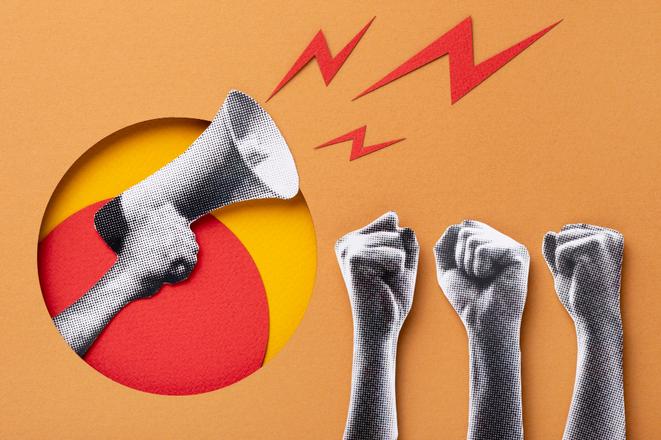As someone who emigrated from Slovakia in 1969, I relished the opportunity to explore the mysteries of one the biggest holidays of the communist era - the sviatok práce (work holiday). Having grown up with the capitalist equivalent (Labour Day), my first thoughts were of the paradox of the literal translation.
It brought to mind a story that took place shortly after my family emigrated to South Africa. During his first week of work, my father, when asked by his new boss how things were going, proudly replied "I'm hardly working." And so it was in those days, I thought, that as in the west, the holiday of work was anything but work.
Although under communism the May 1 was a holiday, most people were expected to prepare for and participate in the various activities that took place that day - the main one being a banner-carrying procession through the streets of each town. Banners (transparenty) sporting slogans (heslá, also used for the English 'password') of the time were proudly carried past a tribunal made up of high-ranking communist officials. Banners such as "Nech žije 1. máj - sviatok pracujúceho ľudu celého sveta" (long live May 1 - holiday for the workers of the whole world) and "Nech žije sviatok pracujúcich" (long live the holiday of workers) proved that creativity and self-expression were not at issue here.


 May 1 slogans (source: image by freepik)
May 1 slogans (source: image by freepik)